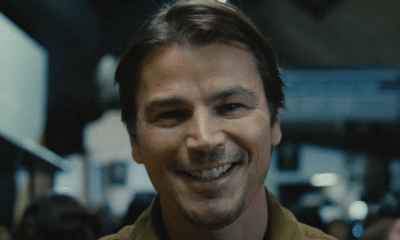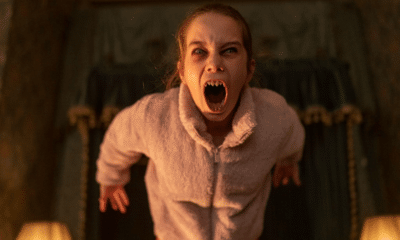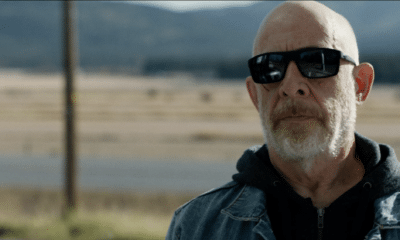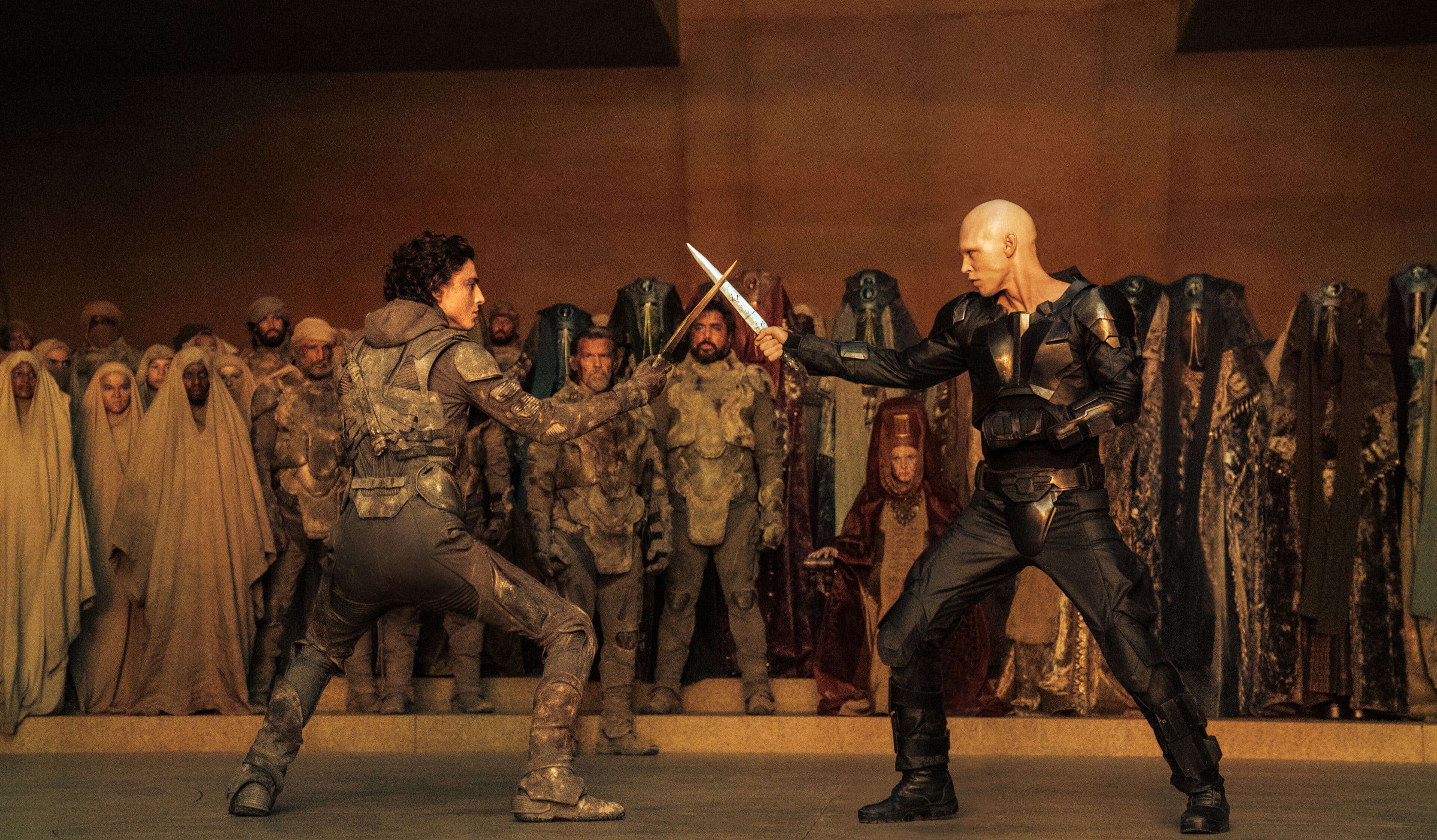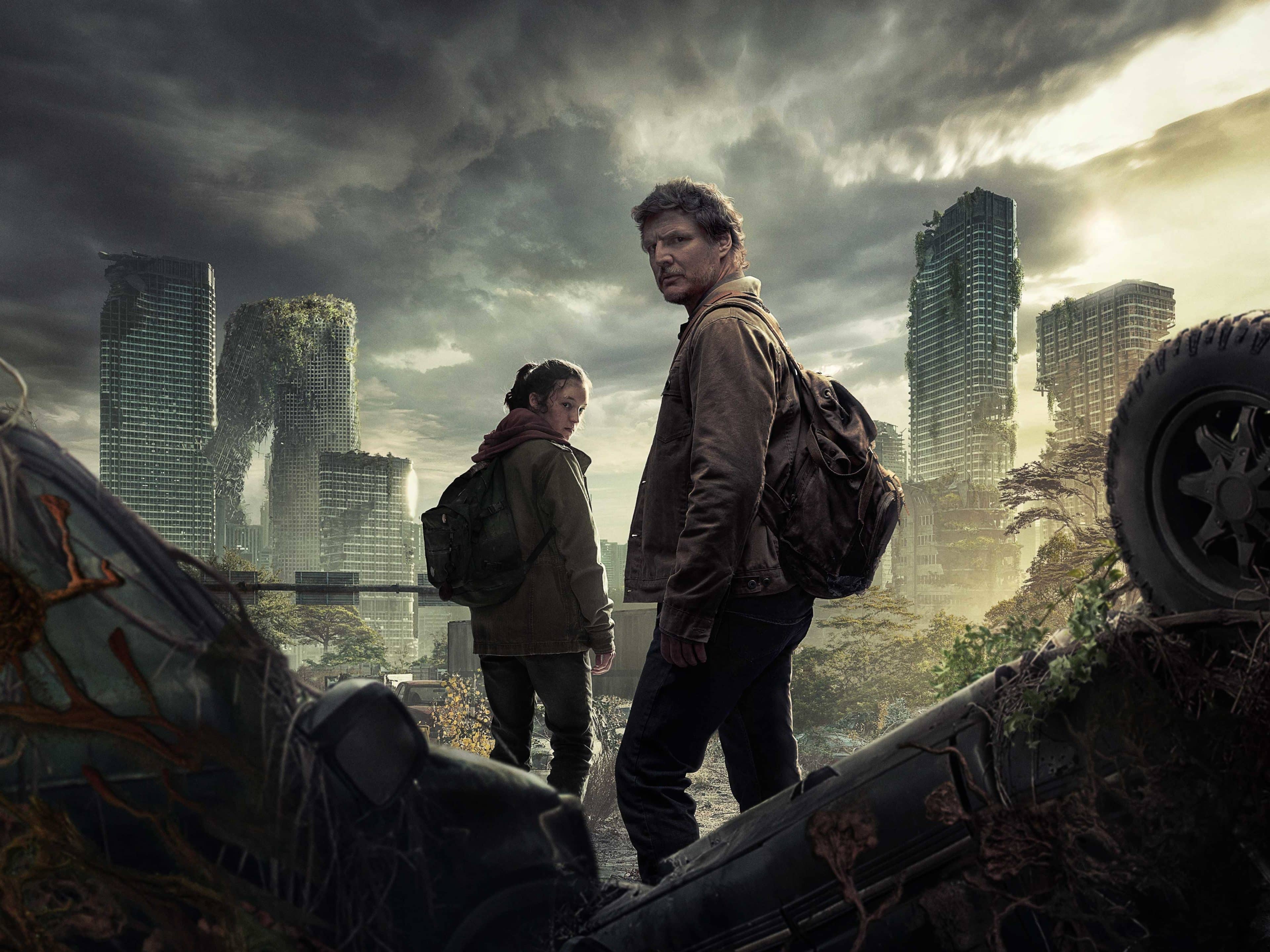By Sofia Smith-Londono.
War films are often great sprawling stories of sacrifice, heroism, the atrocities and intricacies of war. For many of us, these visceral, telling tales of war are as close as we’ll get, but behind the camera lies an important story of a real life event that has to be told.

Mel Gibson’s new film Hacksaw Ridge out in cinemas on 26th January displays the horror of war and one man’s determination to put a little bit of the world back together again. This is the story of Desmond Doss (BAFTA nominated Andrew Garfield) how he overcame monumental adversity and how he miraculously saved 75 men at the Battle of Okinawa without carrying a weapon
Saving Private Ryan (1998)
Steven Spielberg brings to light the reality of one of the bloodiest wars and most brutal scenes in recent history. The film opens on 6th June 1944, D-Day with the allied invasion of Normandy. After American forces successfully establish a beachhead on Omaha beach it falls to Captain Miller (Tom Hanks) to launch a rescue mission for one, Private Ryan (Matt Damon) who is the last remaining son to his bereft Mother and has been ordered to return home. Commended by veterans for its visceral realism this remains one of the most important war films of our time. Matching Saving Private Ryan, Mel Gibson brings this generation another vital lesson in humility and heroism with Hacksaw Ridge.
Jarhead (2005)
Sam Mendes completed an excellent depiction of modern warfare and a new level of de-humanised brutality in this film about a unit of marines deployed to the Arabian Peninsula after Iraq invaded Kuwait. By following the protagonist Anthony “Swoff” Swofford, we experience the life of a marine in life-threatening circumstances but also the heavy toll it placed upon the shoulders of the troops involved in what was largely considered an unjust war. Similar themes are explored in Clint Eastwood’s American Sniper which raises further awareness of the futility of war, the damage it can do to the individuals involved and the response of on-lookers.
Apocalypse Now (1979)
Based on the postcolonial text Heart of Darkness by Joseph Conrad, Francis Ford Coppola’s film Apocalypse Now swaps the time and setting from a 19th Century voyage up the Congo River, to 1969 in the Vietnam War voyaging through the rivers in Cambodia. We follow Benjamin Willard on his mission to terminate Colonel Walter Kurtz who has gone insane and is posing himself as a demi-god to a local tribe. The film retains the same themes as the novel, demonstrating that time has not changed the Western World’s false justifications of war and man’s false sense of authority over others. However, Coppola adds a heightened sense of paranoia reflecting the devastating effects the war had on its soldiers. Similarly explored by Michael Camino in The Deer Hunter.
The Deer Hunter (1979)
This film follows the stories of a group of friends and how traumatic effects of the Vietnam War left them unstable. The scenes from home life to the war in Vietnam drastically contrast each other. Portraying a sudden, unnerving, jump from merriment to destruction.
The film’s cover of a man holding a gun to his head comes from a shocking and significant scene in the film when three of the soldiers are taken prisoner and forced to play Russian roulette. It becomes a metaphor for their entire time out in Vietnam; they are taking a gamble with their lives every step they take. Directed by Michael Camino and starring Robert De Niro, this film is considered one of the best representations of the Vietnam War and the effect on the people involved.
War Horse (2011)
Spielberg’s film is set to have you reaching for the tissues in this tear-jerker. The film follows the story of a stallion named Joey who was reared by a poor farmer’s boy. However, in a moment of financial deprivation, Albert’s father sells Joey to the army, much to the boy’s dismay. The film shows Joey’s journey through the horrors of World War I as he is passed from owner to owner on both sides of the war. Albert enlists as soon as he can in the hopes of reuniting with Joey, but on the battlefield, it’s unlikely to find any loved ones survive the turmoil. Michael Morpurgo, author of the original story, was inspired by stories of the war and the remarkable feats and demands of the cavalry regiments in the army something that would bewilder a child of this intelligent warfare generation.
Dr. Strangelove Or: How I Learned to Stop Worrying and Love the Bomb (1964)
This timely, unconventional and devilishly poignant satire from Stanley Kubrick is easily one of the most important war films to come from the post-WW2 era. Tempting fate with this frosty, darkly amusing satire Kubrick toys with the notion of Mutually Assured Destruction and sells it to an audience living in fear of nuclear war. What better way then to keep the population calm than to laugh directly in the face of uncertainty and potential impending doom. Remarkable for its self-awareness, deft script and ability to capture an unnerving possibility all with a laugh may well have saved the Cold War from descending into chaos.
Atonement (2007)
Based on Ian McEwan’s novel of the same name, Atonement stars James McAvoy as Robbie Turner and Keira Knightly as Cecilia Tallis, in this romantic drama set in wartime Britain. Their lives are thrown into chaos when Robbie is wrongly accused of rape by the young and confused Briony. He is consequently thrown in prison for four years and let out on the condition he enlists to fight in the Second World War. The two lovers hope to be re-united, but things do not look hopeful when Robbie emerges from Dunkirk bloody and wounded. Briony seeks forgiveness and happiness for her own atonement and for the pair of lovers, but it seems there is little she can fix after the damage she has caused. The film is an excellent adaptation of McEwan’s novel, bringing insight to the emotional stresses of war torn Europe.
Witness Desmond Doss’ miraculous heroism in Hacksaw Ridge in UK cinemas Thursday 26th January.

Latest Posts
-


Film Trailers
/ 1 day agoM. Night Shyamalan’s ‘Trap’ trailer lands
Anew experience in the world of M. Night Shyamalan.
By Paul Heath -


Film News
/ 2 days agoFirst ‘Transformers One’ teaser trailer debuts IN SPACE!
The animated feature film is heading to cinemas this September.
By Paul Heath -


Film Reviews
/ 2 days ago‘Abigail’ review: Dirs. Matt Bettinelli-Olpin & Tyler Gillett (2024)
Matt Bettinelli-Olpin and Tyler Gillett direct this new horror/ heist hybrid.
By Awais Irfan -


Film Trailers
/ 2 days agoNew trailer for J.K. Simmons-led ‘You Can’t Run Forever’
A trailer has dropped for You Can’t Run Forever, a new thriller led by...
By Paul Heath
